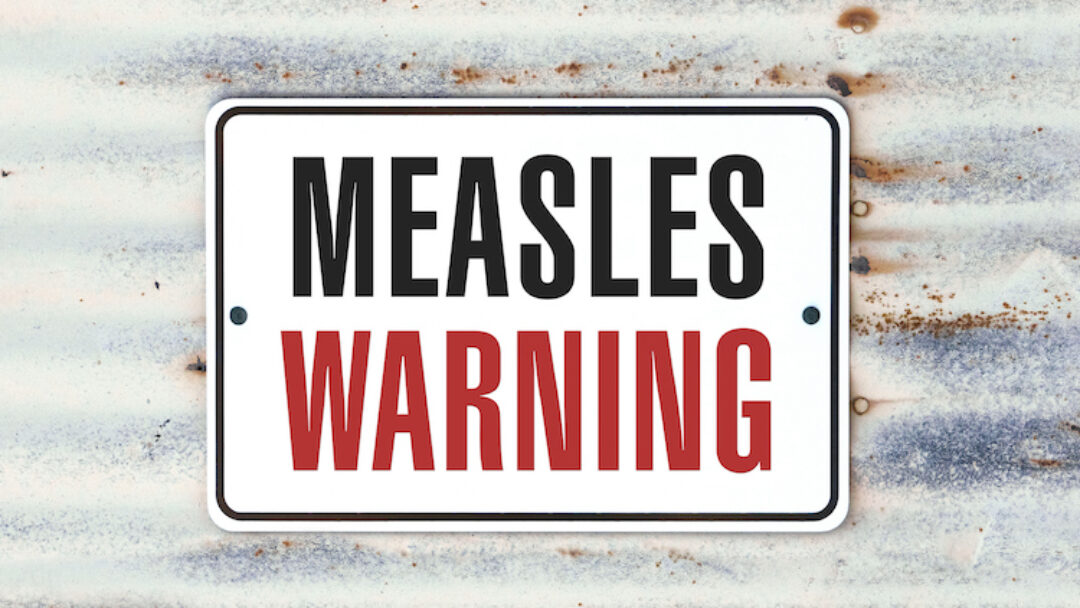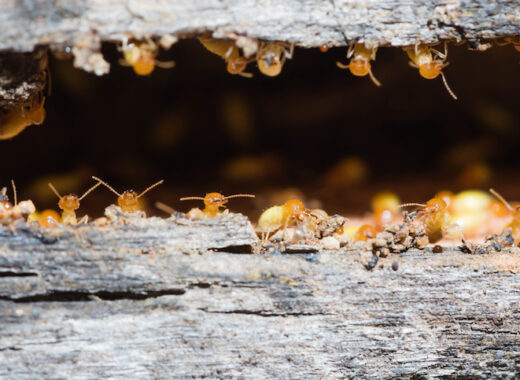As measles cases rise across the United States and overseas, a measles case has been confirmed within Maricopa County involving an international visitor. Maricopa County Department of Public Health (MCDPH) is currently conducting an investigation.
Measles is a highly contagious disease that can spread through the air. Those who are unvaccinated are at highest risk of developing the disease if exposed. Measles virus can survive in the air for several hours and may be transmitted to unvaccinated individuals even after the infected person left the room. Almost every person exposed to measles will get sick if they have not been vaccinated with the Measles, Mumps, Rubella (MMR) vaccine or had the disease in the past. A person with measles can give the disease to other people even before they feel sick. Measles can cause serious illness, especially in young children, pregnant women and people with depressed immune systems.
“Measles is both highly infectious and completely preventable,” said Dr. Nick Staab, assistant medical director for MCDPH. “We encourage residents to stay up-to-date on their vaccines and watch for symptoms of measles, especially if you are high risk or unvaccinated,” Dr. Staab added.
Measles usually begins with a high fever, cough, runny nose, and red or watery eyes. A rash usually appears 3 to 5 days later. The rash often begins on the forehead and spreads downward to other parts of the body. Individuals with a depressed immune system and those vaccinated with MMR between 1964 and 1967 may not have a typical rash.
Symptoms consistent with measles include:
- Fever
- Cough
- White Spots in the throat
- Runny Nose
- Red and/or watery eyes
- Rash
It can take up to 21 days after their last exposure for a person infected with measles to start showing symptoms.
In the event you experience fever, cough, runny nose, rash, or any other symptoms of measles:
- Please self-isolate, stay away from others and contact your healthcare provider by phone and let them know you are concerned you may have measles. They will let you know when to visit their office so as not to expose others in the waiting area.
- If you do not have a health care provider and need to seek care, please contact the urgent care or hospitalbefore visiting and let them know that you suspect measles.
If your healthcare provider thinks that you have measles, please have your provider call (602) 506-6767 to notify MCDPH immediately so that appropriate follow-up can be initiated.
MCDPH will provide more information as the investigation continues.
For additional information on measles, please visit the MCDPH measles website.








